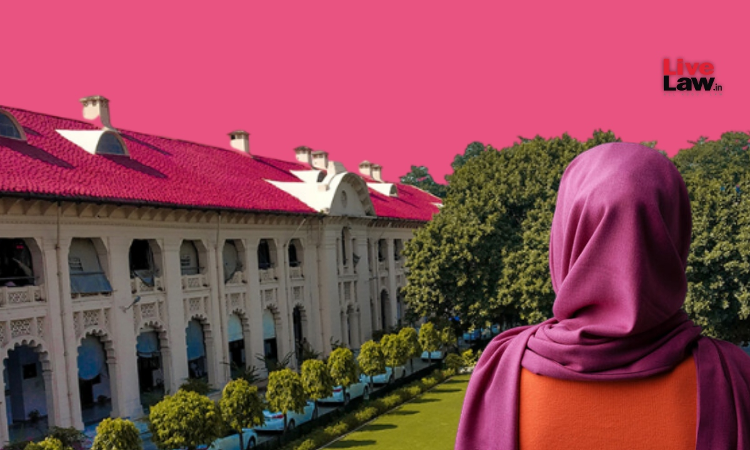Can't Compel Wife To Live With Muslim Husband Who Has Married Another Woman If It Isn't 'Equitable': Allahabad High Court
Sparsh Upadhyay
11 Oct 2022 10:00 AM IST

Next Story
11 Oct 2022 10:00 AM IST
The Allahabad High Court has observed that the Court should not compel a wife, against her wishes, to live with her Muslim husband (who has married again) and share his consortium with another woman, if the court is of the opinion that it would be 'inequitable' to compel her to do so.The bench of Justice Surya Prakash Kesarwani and Justice Rajendra Kumar-IV observed thus while dismissing...
